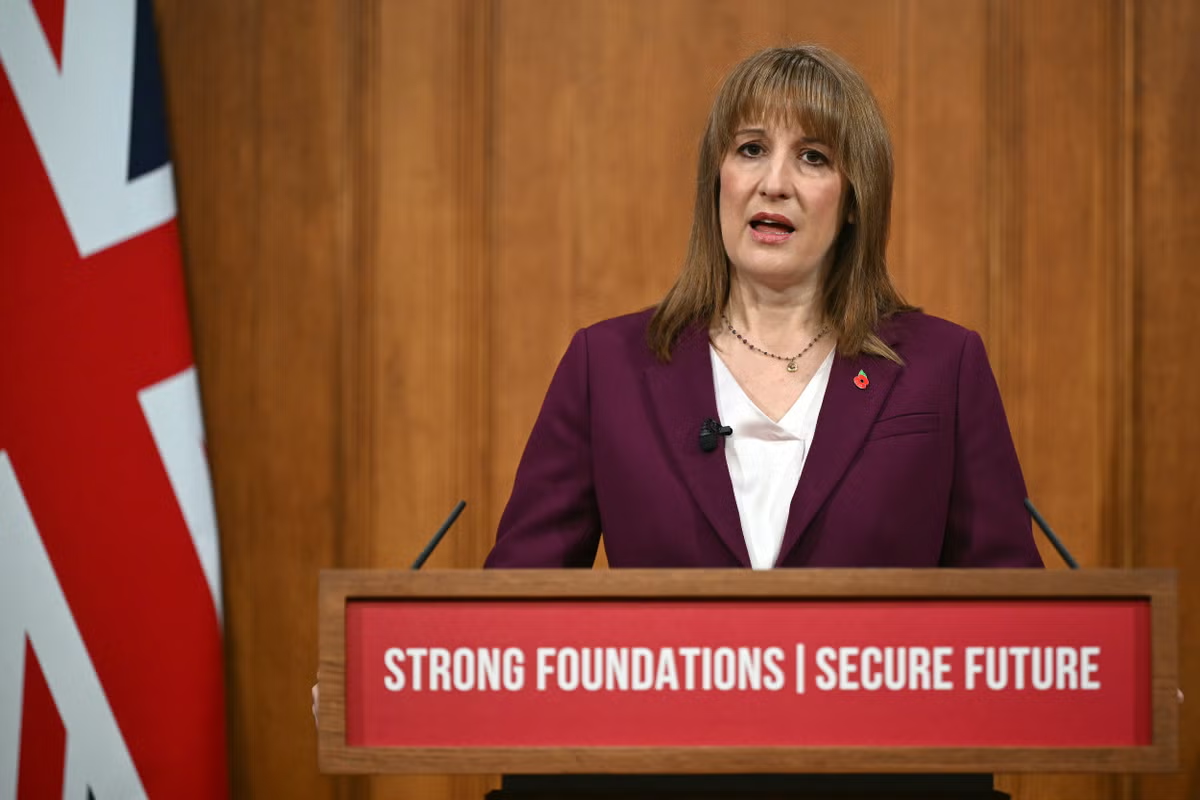Reeves ‘targets tax raid on employee pension contributions at Budget’

Sign up for the View from Westminster email for expert analysis straight to your inbox
Get our free View from Westminster email
Get our free View from Westminster email
Rachel Reeves will reportedly target employee pension contributions in a bid to raise more money and fill a black hole in the public finances at this month’s crunch Budget.
The chancellor is said to be preparing to cap the amount of someone’s salary that can be sacrificed for extra pension contributions before national insurance contributions are incurred to £2,000 a year.
The move would offer a smaller boost to the public finances, mostly affecting high earners.
open image in gallery
Rachel Reeves is looking to address a hole in public finances worth up to £30 billion (PA Wire)
Sources told The Times employee contributions of more than £2,000 a year would be subject to national insurance – a move that could raise up to £2bn per year.
It comes at the end of a week in which Ms Reeves reportedly told the Office for Budget Responsibility (OBR) that she intends to increase income tax in the budget, which will be unveiled on 26 November.
Despite Labour’s manifesto pledge to the contrary, she is said to be weighing a 2p rise in income tax, balanced by a 2p cut in national insurance in order to effectively cancel out the burden on workers.
The chancellor last week put the country on notice that sweeping tax rises are coming in her Budget, using a major speech in Downing Street to warn “we will all have to contribute” to building a new future for Britain.
Promising to put the national interest above “political expediency”, the chancellor signalled she is ready to break Labour’s manifesto commitment not to raise income tax, personal national insurance or VAT.
But this week, Labour new deputy leader Lucy Powell warned a break in the manifesto could damage “trust in politics”, as a split emerged at the top of the party over measures to fill an estimated £30bn hole in public finances.
Meanwhile, new polling shows that just one in five voters back the reported plans to break Labour’s manifesto pledge – even if they acknowledge it’s in the country’s interests.
But it also indicates that the political damage inflicted by raising income tax would be reparable if it was paired with taxes on the wealthy and a positive vision for change, such as clear, achievable targets to improve public services.
Economists have repeatedly warned Ms Reeves that a combination of Labour U-turns, higher borrowing and sluggish economic growth means she must raise taxes or tear up her flagship borrowing rules in the Budget.
An employee earning an income of £50,270, putting aside ten per cent of their salary through a sacrifice scheme, would pay an additional £240 a year in national insurance contributions under the proposal.
open image in gallery
Labour’s new deputy leader Lucy Powell urged the government to follow through on its manifesto pledge not to raise taxes (PA Wire)
Also reportedly under consideration is limiting the existing national insurance exemption for employers, which could mean they would have to pay an additional £450 on the same income and sacrifice.
Ms Reeves is also said to have decided not to cut pension lump-sum withdrawals, offering some reprieve to pensioners. Those retiring will still be able to withdraw up to a quarter of a total pension pot up to £268,275.
On Wednesday, education secretary Bridget Phillipson showed her support for Ms Reeves, telling the BBC that “there are some big challenges in the economy” and the government will have to do “what’s right, what’s necessary” for the public and the long-term future of the economy.




